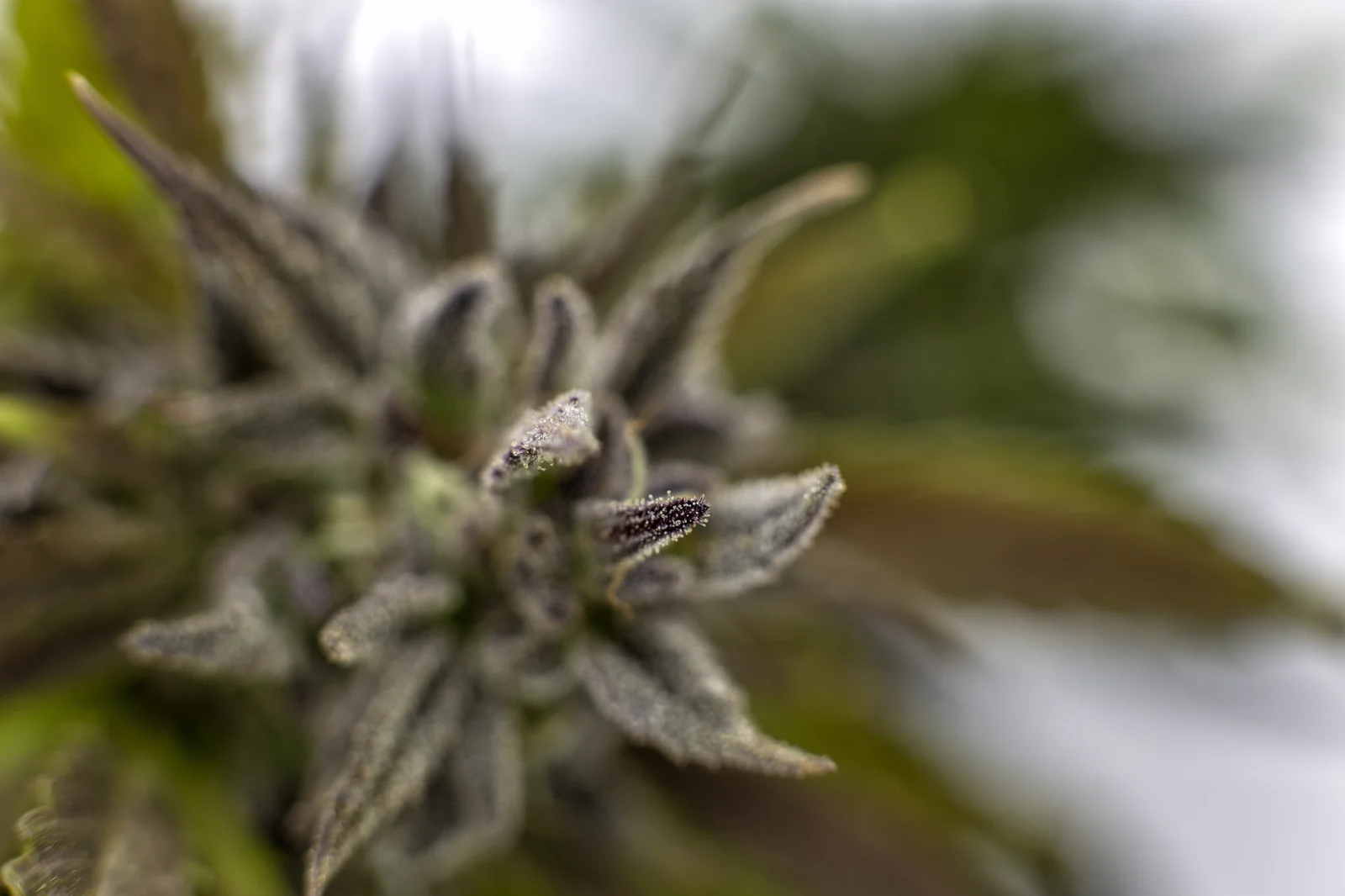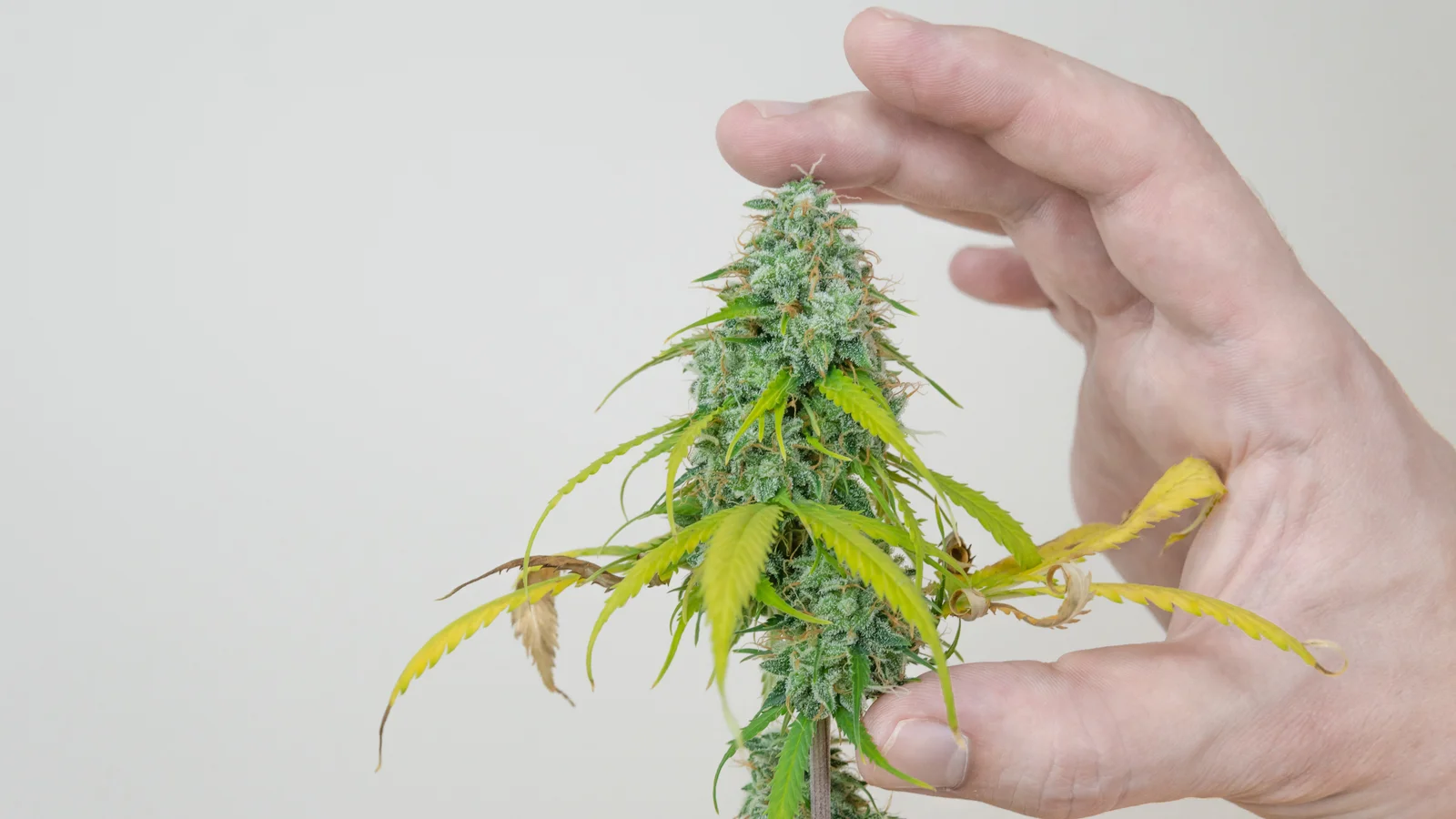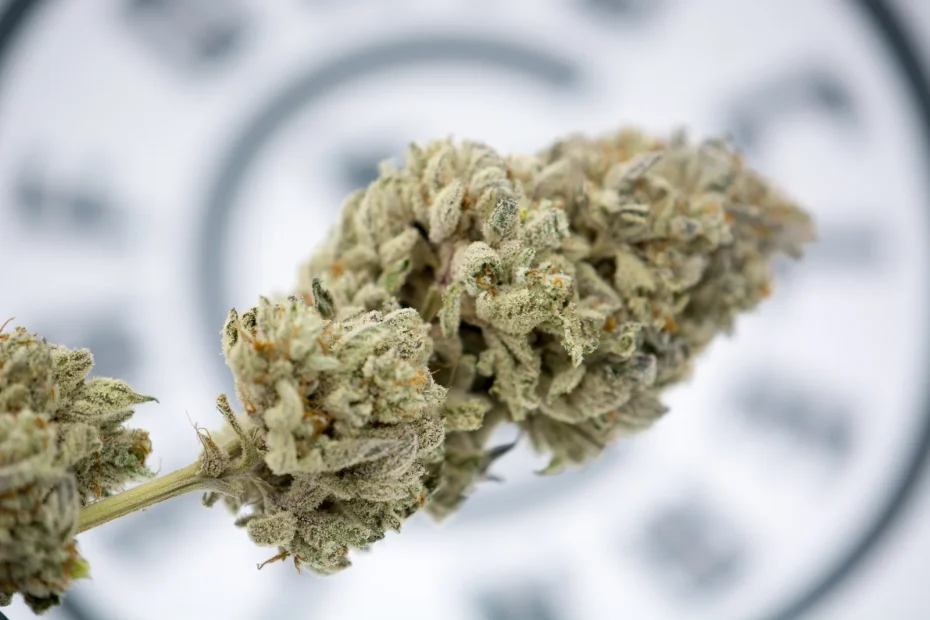TL;DR: Commercial Cannabis Growing License 2
Obtaining a commercial cannabis growing license is essential for legally cultivating cannabis and involves navigating complex regulatory requirements that vary by jurisdiction. This license not only legitimizes operations but also ensures adherence to industry standards for product quality and consumer safety. Key steps include submitting a detailed application, undergoing background checks, securing zoning approvals, and demonstrating financial capability.
Compliance with environmental, safety, and security regulations is crucial, alongside maintaining rigorous quality assurance and monitoring protocols. Cultivators must also manage environmental conditions, staff training, and facility standards to optimize production and remain compliant. Different license types cater to various aspects of cannabis production, such as cultivation, manufacturing, nursery, or integrated operations, each with specific operational limits. Overall, a thorough understanding of licensing procedures and regulatory compliance is vital for a successful and legally compliant cannabis business.
 Create the Perfect
Create the PerfectGrow Room →
Navigating the world of indoor cannabis cultivation can be a daunting task for even the most seasoned cultivators. Central to this journey is the acquisition of a commercial cannabis growing license—a critical component that sets the foundation for operating within the legal framework. This article aims to provide a comprehensive guide through the stages of indoor cannabis cultivation, while also shedding light on the intricacies of obtaining a cannabis cultivation business license, understanding commercial cannabis compliance, and securing a large-scale cannabis farming permit.
A commercial cannabis growing license is your ticket to entering the regulated cannabis market. This license is mandated not just to ensure the legality of your operation, but also to maintain industry standards essential for product quality and consumer safety. Securing this license is often the first step for anyone looking to establish a professional cannabis cultivation business.

Key Considerations
1. Compliance and Legal Requirements
Obtaining a commercial cannabis growing license involves a thorough understanding of regulatory compliance. Each jurisdiction has its own set of commercial cannabis compliance requirements, such as zoning laws, environmental regulations, and safety protocols. It’s essential to remain updated on local laws to ensure your operation adheres to all necessary legal standards.
2. Large-Scale Cannabis Farming Permit
For those looking to scale operations, a large-scale cannabis farming permit is necessary. This permit allows for increased production capacity and might involve advanced compliance checks. Potential challenges include site inspections, public hearings, and tighter regulation adherence, all critical elements to keep your business legally compliant and commercially viable.
3. Licensing for Marijuana Farms
Beyond compliance, acquiring licensing for marijuana farms necessitates detailed documentation outlining cultivation plans, security measures, and operational procedures. These documents demonstrate your commitment to ethical practices and high standards in cultivation operations. Ensuring you meet these regulatory benchmarks is crucial for license approval and operational success.
From Seed to Harvest: Cultivation Process
1. Preparation and Planning
Before sowing your first seeds, thorough preparation is essential. This includes selecting the right location, determining the appropriate cultivation method, and designing a robust security plan in line with compliance requirements.
2. Propagation
Propagation is the process of growing new plants from seeds or cuttings. Selecting high-quality seeds or genetics ensures a more successful harvest. Expert handling during this stage results in healthy plants which form the backbone of your cultivation operation.
3. Vegetative and Flowering Stages
Monitoring and managing environmental conditions, such as temperature, humidity, and lighting, are crucial during the vegetative and flowering stages. Proper nutrient management and pest control measures must be implemented to enhance plant health and yield.
4. Harvesting
Appropriately timed harvesting is critical to obtain the best quality product. This stage involves careful observation of trichomes and other plant indicators to determine the optimal harvest time.
Frequently Asked Questions
What are the costs associated with a commercial cannabis growing license?
The costs vary based on location, scale of operation, and specific regulatory requirements. Fees can range from a few thousand dollars for small operations to significantly more for large-scale cannabis farming permits.
How long does it take to obtain a cannabis cultivation business license?
The duration of the licensing process varies, taking anywhere from a few months to over a year. Timeframes depend on the complexity of the application and jurisdictional procedures.

FAQ: Commercial Cannabis Growing License for Indoor Cultivation
What are the requirements to obtain a commercial cannabis growing license for indoor cultivation?
Obtaining a commercial cannabis growing license for indoor cultivation involves several steps that vary by jurisdiction, as cannabis regulations differ across countries and within regions or states. However, some common requirements include:
- Application Submission: Prospective cultivators must submit a comprehensive application to the relevant regulatory body. This typically includes a detailed business plan, a security plan, and layouts of the proposed cultivation facility.
- Background Checks: Applicants and key stakeholders often undergo background checks to ensure they meet the moral and legal standards required by law. Prior convictions, specifically drug-related offenses, may affect eligibility.
- Zoning and Land Use Approval: Applicants need to ensure that their proposed cultivation site complies with local zoning laws. Some regions require specific zoning permits or approvals before a license can be issued.
- Financial Documentation: Proof of sufficient financial resources to establish and operate the cultivation facility is typically required. This might include bank statements, investor agreements, or other financial documents.
- Environmental and Safety Plans: A thorough plan for waste disposal, water management, energy usage, and employee safety is usually necessary to meet regulatory standards.
- Security Measures: A robust security plan often needs to be submitted, detailing measures like surveillance systems, access controls, and alarms to ensure the safety and security of the facility and its products.
- Compliance with All Local, State, and Federal Laws: Ensuring all aspects of the operation, from electrical systems to waste management, are compliant with relevant laws and regulations.
How does a commercial cannabis growing license affect indoor cultivation from seed to harvest?
Obtaining a commercial cannabis growing license is crucial for legally cultivating cannabis and impacts every stage of the cultivation process:
- Regulatory Compliance from Start to Finish: Licensed operators must adhere to regulations regarding growing practices, including seed acquisition, plant tracking, pest management, and use of pesticides or fertilizers.
- Quality Assurance and Testing: License holders are often required to follow strict quality assurance protocols. This includes mandatory lab testing for contaminants, THC/CBD content, and other standard metrics to ensure consumer safety.
- Monitoring and Reporting: Continuous monitoring and regular reporting to regulatory authorities are required. This includes maintaining accurate records of plant counts, harvests, and sales to ensure full traceability and compliance.
- Staff Qualifications and Training: Many jurisdictions require that staff, including growers and handlers, receive training or possess specific qualifications to operate legally under a commercial license.
- Facility Standards: Licensed cultivation facilities must meet certain standards related to HVAC, lighting, and overall plant health to create an optimal growing environment while adhering to energy and safety regulations.
What steps must be taken to maintain compliance with commercial cannabis growing license regulations in indoor cultivation?
To maintain compliance with commercial cannabis license regulations, cultivators should focus on:
- Regular Audits and Inspections: Preparing for and cooperating with both scheduled and unscheduled audits or inspections by regulatory bodies to ensure ongoing compliance.
- Updated Record Keeping: Maintaining up-to-date and accurate records of all operations, including seed-to-sale tracking, inventory, financial transactions, and employee logs.
- Employee Training Programs: Regularly conducting training sessions for all employees to keep them informed about compliance requirements, changes in regulations, and best practices.
- Environmental Control and Resource Management: Ensuring the cultivation process adheres to environmental regulations regarding energy consumption, water usage, and waste disposal.
- Compliance Management Systems: Implementing compliance management software or systems to automate and track adherence to various regulatory requirements, making it easier to identify and rectify potential issues.
- Legal Representation: Engaging legal counsel familiar with cannabis laws to help navigate complex regulations and provide updates on any legislative changes affecting the business.
Is a specific license required for commercial indoor cultivation of cannabis from seed to harvest?
Yes, a specific license is generally required for the commercial indoor cultivation of cannabis from seed to harvest. The type of license varies depending on the jurisdiction. Typically:
- Cultivation Licenses: These are specific to the activity of producing cannabis plants and may be divided into categories like micro-cultivation, standard cultivation, or nursery, each with its own set of limits and regulations.
- Nursery Licenses: Required for those specifically focusing on breeding and producing seeds or clones. This license allows for the sale of seeds and young plants to other licensed entities.
- Integrated Licenses: In some jurisdictions, integrated licenses may be available for businesses that do everything from cultivation to retail. These are less common and often come with additional regulatory requirements.
Each license type comes with distinct operational boundaries and limitations, such as canopy size, plant count, or production volume, which must be adhered to in order to stay compliant.
Conclusion
Navigating the cannabis industry requires a clear understanding of various licensing procedures, including the pivotal commercial cannabis growing license. From seed to harvest, each phase of the cultivation process demands attention to detail, compliance, and strategic planning. By ensuring adherence to regulatory standards and understanding the nuances of licensing, cultivators can foster a successful and legally compliant cannabis business that stands the test of regulatory scrutiny and market demand.
Streamline Cannabis CultivationRecommended For You
Mastering the Art of Cannabis Crafting: An Enlightening Journey into the Finesse of Trimming
January 29, 2026How Does VPD Affect Plants: Unraveling the Mysteries of VPD’s Impact on Green Growth
January 28, 2026Mastering the Jungle: Innovative Cannabis Grower Supplies Redefining Home Cultivation
January 27, 2026About GrowerIQ
GrowerIQ is changing the way producers use software - transforming a regulatory requirement into a robust platform to learn, analyze, and improve performance.
To find out more about GrowerIQ and how we can help, fill out the form to the right, start a chat, or contact us.

